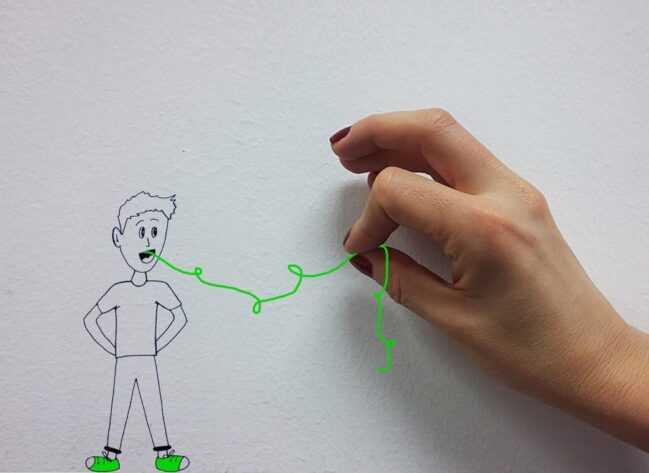Blog
The Difference between a Coach and a Counsellor
October 15, 2018
3 minutes, 29 seconds

When considering the difference between a counsellor and a life coach, it is firstly important to decide whether you want to simply set and achieve goals or recognise problems in your life and solve them.
1) Coaching
Coaching emerged in the past 20 years as an alternative to ‘therapy’ and has been growing rapidly.
Internal coach federation defines coaching as "partnering with clients in a thought-provoking and creative process that inspires them to maximise their personal and professional potential, which is particularly important in today’s uncertain and complex environment".
As a coach, you will challenge a client clarifying what your client wants and then taking the time to find out what success means for them. A coach will assist a client to clarify their vision and steps to gaining their success and helping them to discover a life of success and accomplishment both professionally and personally.
A coach will also take on a sponsorship role, helping a client towards the ownership of skill-sets that encourage them to increase productivity and effectiveness.
In coaching the client is the expert in his/her life. Their responsibility is to encourage self-discovery, hold the client responsible and accountable and elicit client generated solutions and strategies.
The whole process of coaching helps a client to improve their outlook on work and life, while improving their leadership skills and unlocking their full life potential.
When considering coaching questions - such as "how can we change?" - when the client answers, it assists them to find their own solutions. Coaching will back track- using the client's language and tone to recap important words or phrases.
Coaching will tend to focus on the present and future rather than the past. It can take place over the phone, by text, as well as in an office, working with people on a regular basis.
Insurance for coaching will cost less than for counselling and coaching prices are often set up by packages or programs for a certain length of time.
2) Counselling:
Counselling dates back to the beginning work of Sigmund Freud’s work in 1890’s.
It is a talking therapy that involves listening and helping a client deal with emotional issues. It will contain a contract between the therapist and the client, to include risk assessment.
Counsellors are regulated by a body - such as the National Counselling Society - which states they must have required levels of education, training and continuous professional development.
Individuals will typically see a therapist because they have symptoms of a mental health issue and want to feel and function better.
Therapy helps clients by increasing insight and self-awareness by sourcing the root of the issues and the problematic thinking.
Therapist can work with a wide range of mental health conditions; substance misuse, trauma, grief/loss, relationship difficulties, abuse or a wide range of daily struggles and challenges.
A therapist’s training allows them to work with people who have several mental ill health, or even an individual who is functioning but wants more out of life.
Therapy normally takes place in a consultant room, and typically lasts 45 minutes to an hour, once a week. However, Skype therapy is beginning to grow.
There are different types of therapies and the counsellor will work within their primary model.
Insurance for counsellors can be more expensive than for coaches and is covered by a health body.
Counsellors tend to use terminology like "Why should we change?", "How does that make you feel?". Paraphrasing is also used within counselling, simply summarising what your client has said.
In summary, it is a personal preference to which you feel will benefit you or which career you would like to get into. From a client perspective, if you want to focus on what you are dealing with right now, without anything too personal being asked but rather actions to take perhaps coaching is for you. If you are curious about breaking negative patterns and face issues in present and from the past, then a counselling course may be better suited.